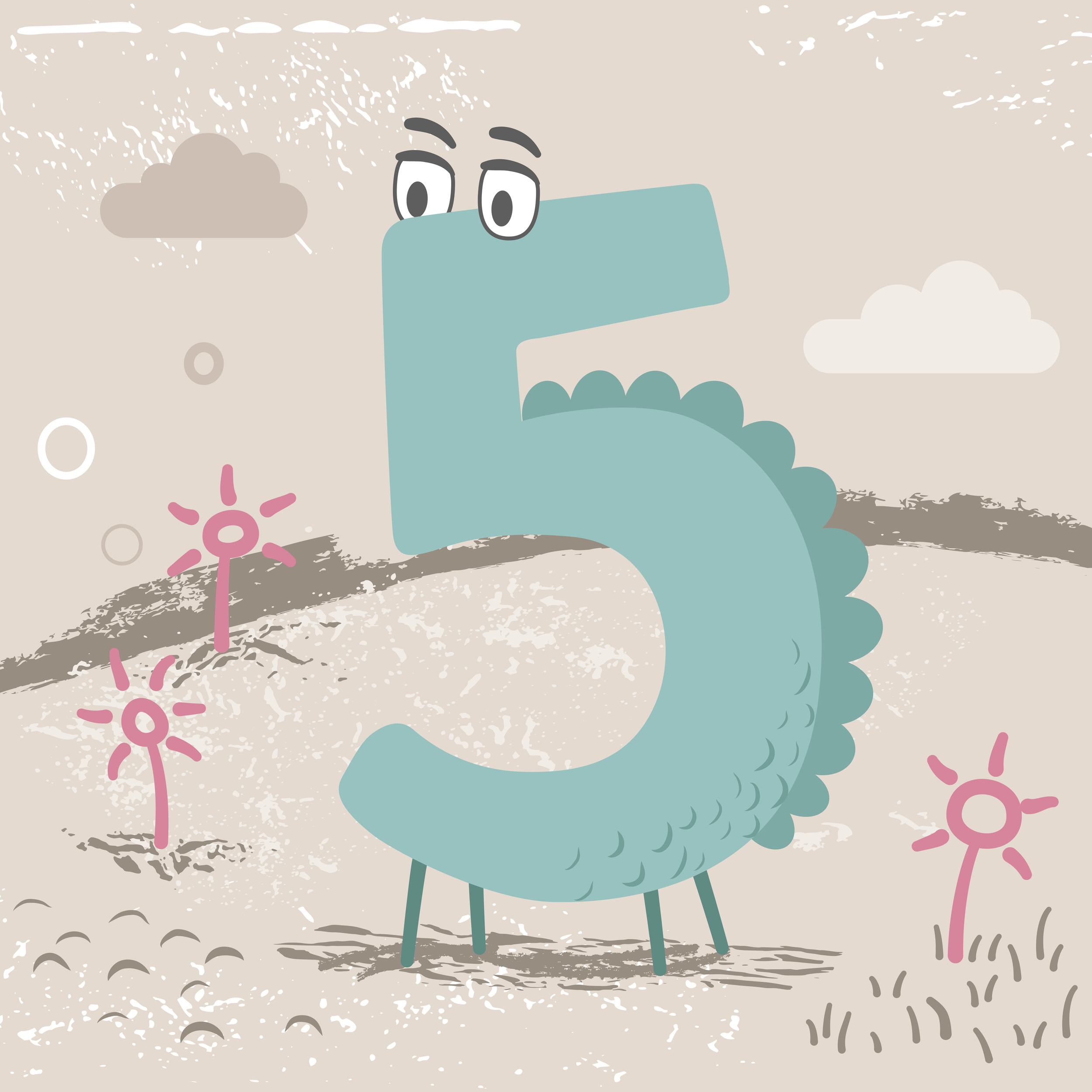Violins and Vegetables
/Violins and vegetables have a lot more in common than you think. We all know that vegetables provide vital nutrients to our bodies that in turn help our blood, organs, muscles, bones, and skin function at an optimal level every day. The consumption of vegetables on a regular basis is also said to help lower your risk of chronic diseases later in life. Sounds good right? But what does that have to do with the violin? Well, I'm glad you asked. For years parents, educators, and even musicians themselves have claimed that playing an instrument makes your brain healthier. Now scientists are performing studies to show how, what, and why these claims might actually be true!
Take this study for example; "In a 2003 study, Harvard neurologist Gottfried Schlaug found that the brains of adult professional musicians had a larger volume of gray matter than the brains of nonmusicians had. Schlaug and colleagues also found that after 15 months of musical training in early childhood, structual brain changes associated with motor and auditory improvements begin to appear." (1)
It's not just about the brain development and I.Q. scores. Playing a musical instrument can contribute to better emotional well-being, and gives kids confidence to be socially successful. I've seen kids that are grumpy and irritated become calmer after practice sessions. I have seen violin students that have a hard time making friends connect with other violinists socially after having an opportunity to play music together. I have seen confidence in children soar after discovering that they can do hard things, like learning a difficult piece and performing it in front of other people.
Playing an instrument and listening to classical music makes you smarter and eating broccoli makes you healthier. Both are good for us! Why is it then that resources abound for ideas on how to get your kids to eat their veggies, but you feel like you have to dig up underground networks to find helpful tips on getting your kids to practice. The USDA has come out with guidlines, even interactive apps, on exactly how many vegetables you should be eating daily but schools can't find the funding to keep music programs running.
Government and school administrators aren't the only parties guilty to this imbalance. On one hand parents are vigilant about getting their kids to eat their veggies even if it means blending them up to sneak them into foods or cutting them into animal shapes but they are very hestitant about encouraging or reminding (aka nagging) their child to practice an instrument that they just don't seem that passionate about. Afterall, we wouldn't want to force anything good on our children...right?!?
Of course kids would rather be watching t.v. than practicing their violin just like they'd rather eat cake and ice cream for dinner instead of broccoli soup. That doesn't mean that it's the best thing for their overall health to give them t.v. and cake all day.
Recently I read an article in which profesional violinist, Nicola Benedetti argues that all children should be provided the opportunity to learn about classical music in much the same way that they are made to learn math and science. I love this quote of hers,
"Needing the child’s approval for what they do in school is just such an alien concept when you’re talking about math, science, history or English. But, suddenly, when you bring music into the mix, it’s: ‘Oh no, we can’t show them anything that they don’t instantly love because that would be like forcing children into something that they don’t want to do. It just bemuses me.” (2)
Sometimes it takes years of exposure and encouragement before instrinsic motivation and passion for something will take root. How do you know if your kids would love it or not if you haven't given them a proper chance to find out?
We eat food to fuel our body, but we play music to nourish our mind and heart. Start giving your child the recommended daily dose of classical music today!
How do you enrich your child's environment through music? We'd love to hear your ideas, leave a comment below!
Cool Resources I used for this Article
(1) Diane Cole, (2014). Your Aging Brain Will Be in Better Shape If You've Taken Music Lessons.National Geographic. Retrieved from http://news.nationalgeographic.com/news/2014/01/140103-music-lessons-brain-aging-cognitive-neuroscience/
(2) Hannah Furness, (2015). Expose Children to Classical Music Whether They Like it or Not, says Nicola Beneddeti. The Telegraph. Retrieved from http://www.telegraph.co.uk/news/celebritynews/11595782/Expose-children-to-classical-music-whether-they-like-it-or-not-says-Nicola-Benedetti.html















